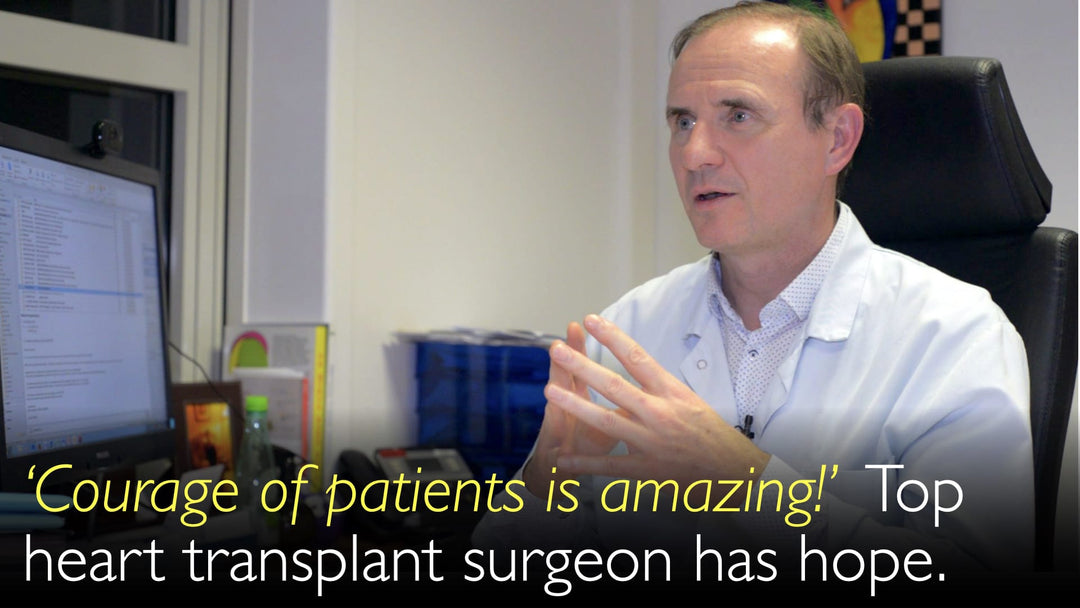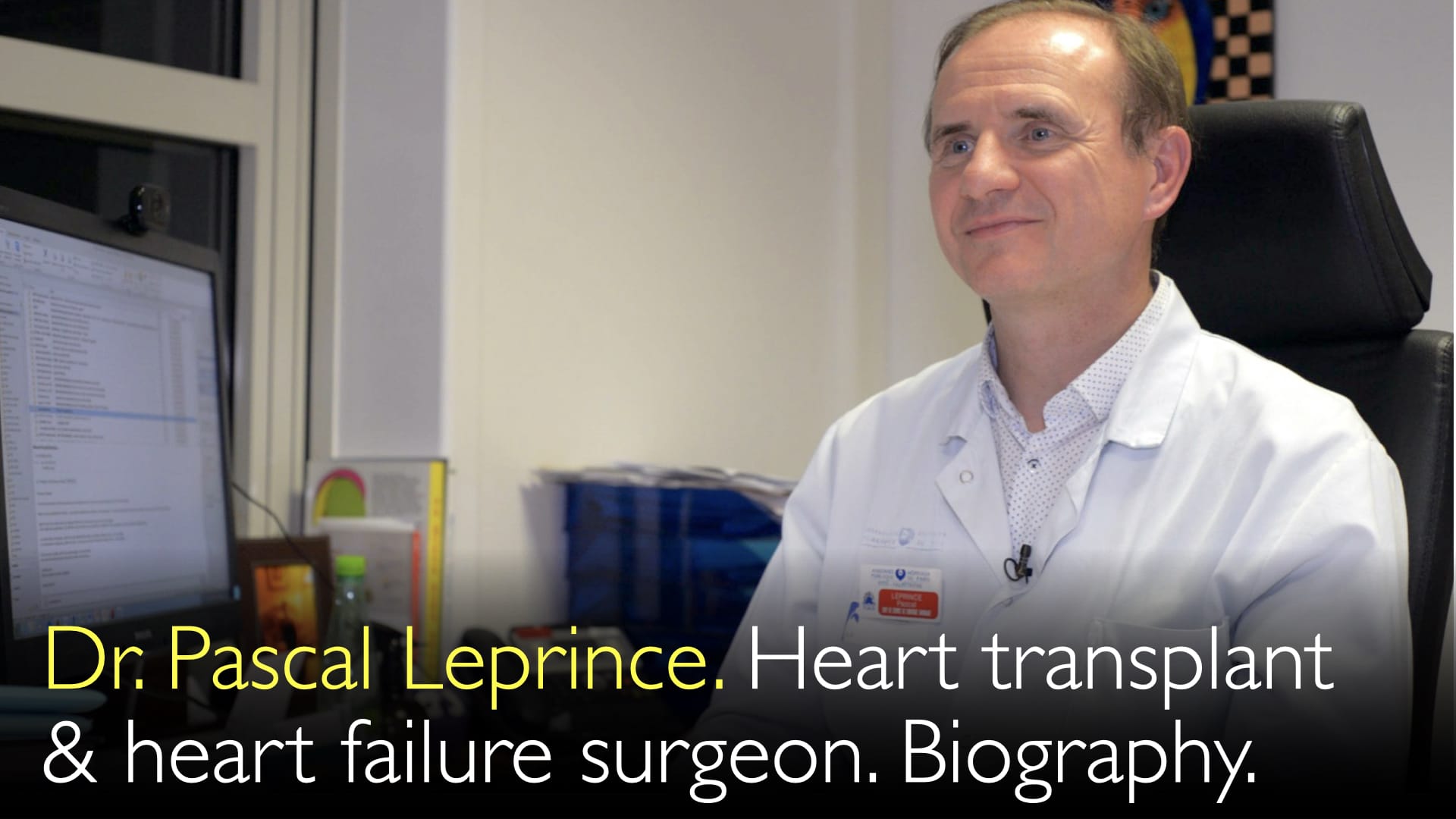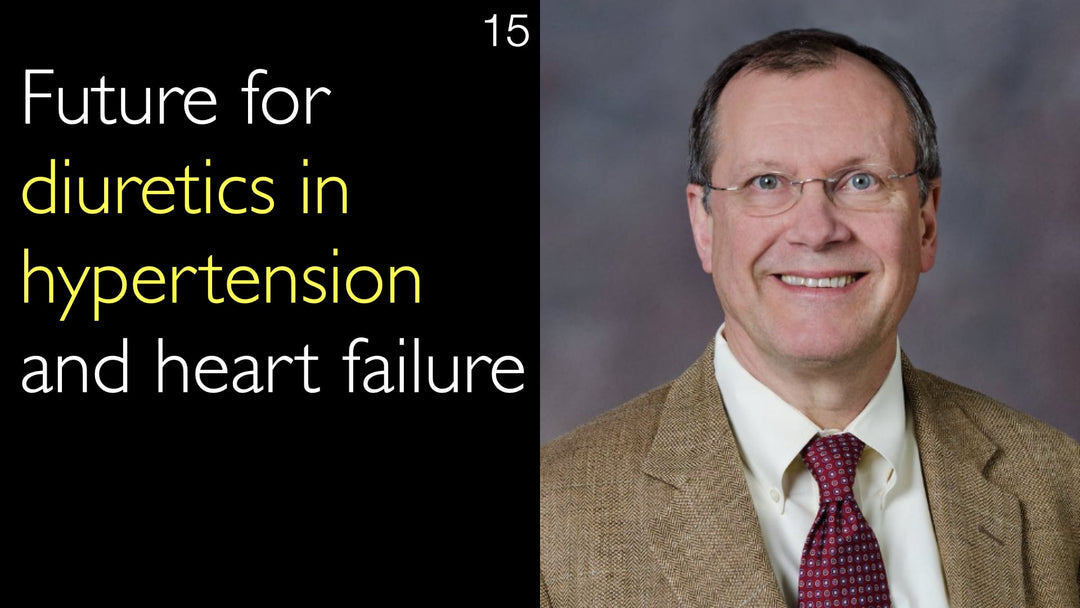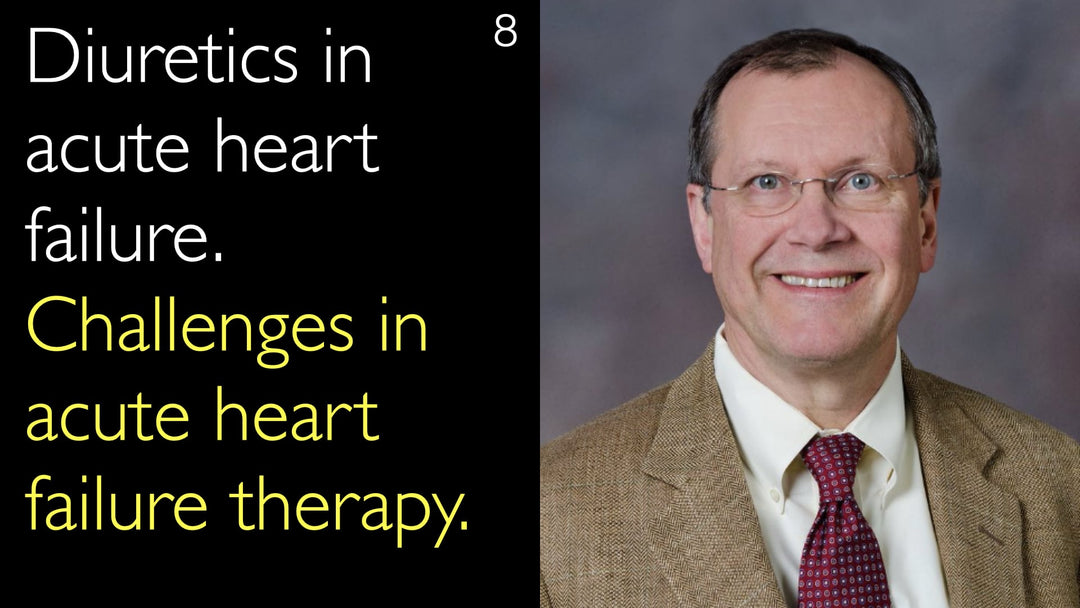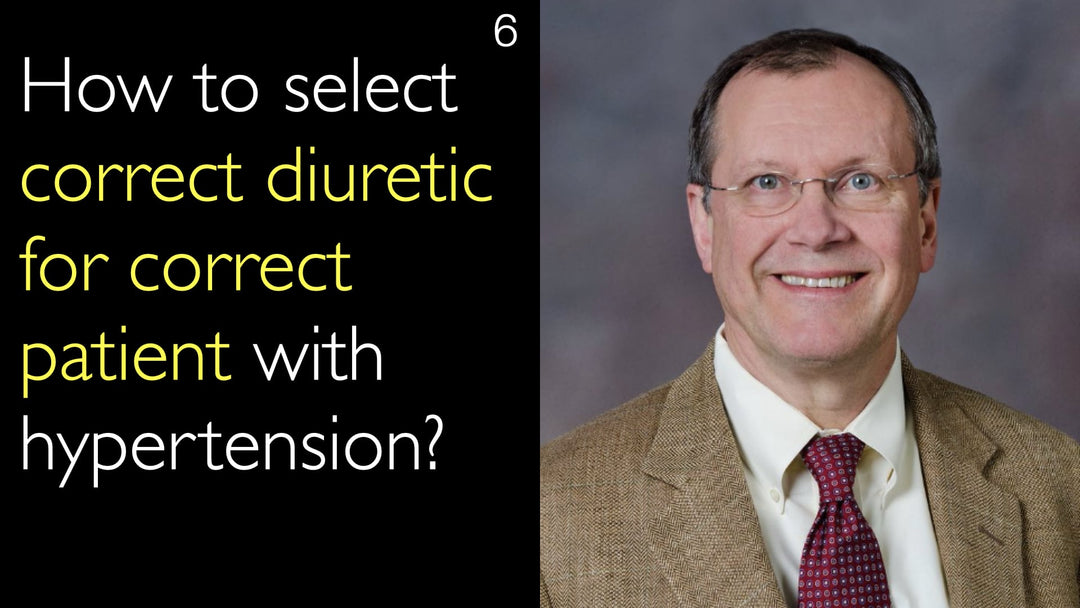O renomado especialista em transplante cardíaco e tratamento de insuficiência cardíaca avançada, Dr. Pascal Leprince, descreve a coragem extraordinária que os pacientes demonstram durante longas internações na UTI (Unidade de Terapia Intensiva). Ele ressalta como enfrentam sofrimentos físicos e psicológicos intensos, muitas vezes motivados pelo amor às suas famílias, e não por si mesmos. O Dr. Leprince expressa admiração pela resiliência do espírito humano e considera testemunhar essa força uma das recompensas mais significativas da prática médica.
O Espírito Humano no Transplante Cardíaco: Coragem, Família e Sobrevivência
Navegar para a Seção
- Coragem do Paciente na UTI
- Recuperação Típica do Transplante Cardíaco
- Desafios da Permanência Prolongada na UTI
- Papel da Família na Sobrevivência do Paciente
- O Lado Humano da Medicina
- Transcrição Completa
Coragem do Paciente na UTI
O Dr. Pascal Leprince enfatiza a impressionante coragem demonstrada por pacientes com insuficiência cardíaca avançada e candidatos a transplante. Ele observa que essas pessoas suportam dores físicas intensas e sofrimento psicológico ao longo de sua jornada de tratamento. Essa força, segundo o médico, é um testemunho dos melhores aspectos da natureza humana.
O cirurgião de transplante explica que essa coragem não é abstrata, mas algo presenciado diariamente na unidade de terapia intensiva. O Dr. Leprince considera esse aspecto do cuidado ao paciente profundamente comovente e uma das principais fontes de realização profissional.
Recuperação Típica do Transplante Cardíaco
O Dr. Pascal Leprince descreve o percurso padrão de recuperação para a maioria dos pacientes submetidos a transplante cardíaco. Cerca de 70% dos receptores têm uma evolução pós-operatória direta. Esses pacientes geralmente permanecem de uma a duas semanas na UTI, seguidas por mais uma a duas semanas em enfermaria comum.
O Dr. Leprince ressalta que mesmo essa recuperação considerada "fácil" é fisicamente exigente. Após a alta, os pacientes continuam a reabilitação para recuperar a força e se adaptar ao novo coração. Esse caminho previsível representa o melhor cenário no tratamento da insuficiência cardíaca avançada.
Desafios da Permanência Prolongada na UTI
O Dr. Pascal Leprince aborda os desafios enfrentados por pacientes que necessitam de cuidados intensivos prolongados. Aproximadamente 30% dos transplantados cardíacos têm recuperações complicadas, que podem envolver permanências de até um mês na UTI. Essas internações prolongadas geram enorme desgaste físico e emocional tanto para os pacientes quanto para suas famílias.
O médico explica que a incerteza agrava esse sofrimento, pois as equipes nem sempre conseguem prever quais pacientes sobreviverão. O cirurgião reconhece que alguns acabam falecendo apesar de suportarem grande sofrimento, o que torna sua coragem ainda mais admirável.
Papel da Família na Sobrevivência do Paciente
O Dr. Pascal Leprince identifica os laços familiares como a principal motivação para a sobrevivência do paciente. Por meio de inúmeras interações, ele observou que a maioria dos pacientes gravemente enfermos luta por suas famílias, e não por si mesmos. Essa motivação externa fornece a força psicológica necessária para suportar tratamentos médicos extremos.
O cirurgião cardíaco nota que os pacientes frequentemente expressam o desejo de sobreviver para evitar o sofrimento da família ou para continuar provendo para seus entes queridos. O Dr. Leprince considera essa perspectiva altruísta profundamente significativa e acredita que ela representa as melhores qualidades da humanidade.
O Lado Humano da Medicina
O Dr. Pascal Leprince reflete sobre os aspectos profundamente humanos da prática médica avançada. Além da sofisticação técnica do transplante cardíaco, ele considera as relações humanas a parte mais gratificante. A exposição diária à coragem e ao altruísmo dos pacientes oferece um reforço positivo contínuo para os profissionais de saúde.
O Dr. Leprince acredita que essas interações tornam a medicina uma profissão maravilhosa, apesar de seus desafios. Ele sugere que observar esse aspecto da natureza humana oferece esperança para que a humanidade evolua em direção a uma maior compaixão. O Dr. Anton Titov, como entrevistador, facilita essa exploração das dimensões emocionais da medicina.
Transcrição Completa
Dr. Anton Titov, médico: Professor Leprince, conversamos muito sobre transplante cardíaco e tratamento de insuficiência cardíaca avançada. Existe algum caso clínico que você poderia compartilhar? Alguma história de paciente que ilustre os temas que discutimos hoje?
Dr. Pascal Leprince, médico: Talvez eu não vá me ater a um caso específico, mas gostaria de falar sobre a coragem dos pacientes. Cuidamos de pessoas muito enfermas. Vemos muitos pacientes que ficam internados na UTI por longos períodos.
No transplante cardíaco, cerca de 70% dos casos evoluem de forma direta. O paciente recebe um novo coração, fica na UTI por uma ou duas semanas, depois vai para a enfermaria por mais uma ou duas semanas e, então, recebe alta para reabilitação. Isso é relativamente tranquilo.
Mesmo essa trajetória já é difícil para o paciente, mas é considerada fácil. Por outro lado, há pacientes que ficarão na UTI por um mês. Isso significa que suas famílias também ficarão na UTI por um mês.
É algo que devemos observar, pois esses pacientes demonstram uma coragem extraordinária para enfrentar longos períodos de internação. Eles passam por muita dor—mesmo com a medicação adequada—e não apenas o paciente, mas a família também sofre física e mentalmente. Ninguém sabe, para esses casos, quem vai sobreviver ou qual será o desfecho.
Alguns pacientes sofrem em vão, porque acabam falecendo. Mas ninguém sabe antecipadamente. E é aí que reside algo belo da natureza humana: a capacidade de lutar tanto para permanecer vivo com qualidade de vida. Isso sempre me surpreende!
Não tenho certeza se eu teria a mesma coragem que esses pacientes demonstram. É muito difícil passar por uma longa internação na UTI sem saber se vai sobreviver.
Muitos deles não lutam por si—a maioria luta pela família. Quando conversamos com os pacientes, isso fica muito claro. Eles querem lutar para sobreviver não por si mesmos, mas para evitar que a família sofra ou porque ainda precisam prover para seus entes queridos. Isso é muito significativo para mim.
Então, não é o caso de um paciente específico, mas de muitas situações que observamos. Esse é o lado bom da natureza humana, eu acho.
É o que torna nosso trabalho gratificante. Todos os dias vemos o melhor do ser humano. Isso me motiva muito. Ainda acredito que a humanidade pode evoluir.
Não sei como evoluímos nos últimos 70 mil anos, mas talvez possamos avançar para algo melhor. Porque ver alguém sofrer tanto—física e psicologicamente—só para permanecer perto de parentes, família e amigos…
Os pacientes permanecem vivos não por si, mas pelos outros. É algo que devemos valorizar. Quem sabe isso possa ajudar a melhorar o mundo, que não está em uma situação fácil no momento.
Dr. Anton Titov, médico: O lado humano da medicina! Começamos discutindo aspectos técnicos sofisticados do transplante cardíaco, mas no final tudo se resume às relações humanas. É algo que sua vasta experiência deixa muito claro.
Dr. Pascal Leprince, médico: Sim. É algo que vemos todos os dias. Tenho certeza de que nós, médicos, recebemos muitos sentimentos positivos disso. A segunda opinião médica é importante. É muito, muito bom vir trabalhar no hospital todos os dias.
Dr. Anton Titov, médico: Professor Leprince, há algo em seus interesses ou reflexões que gostaria de acrescentar? Alguma pergunta que eu não tenha feito, mas que deveria? Algum tema que queira abordar?
Dr. Pascal Leprince, médico: Não, acho que poderíamos abordar muitos outros tópicos, mas já falamos bastante sobre o que há de bom na medicina. Deixemos apenas um recomeço para os jovens: a medicina é uma profissão muito, muito gratificante porque é centrada no cuidado ao paciente.
Dr. Anton Titov, médico: Professor Leprince, muito obrigado por esta conversa tão interessante e profunda aqui em Paris. É uma grande honra poder discutir com você sobre cirurgia cardíaca, transplante, insuficiência cardíaca e o lado humano da medicina. Obrigado!
Dr. Pascal Leprince, médico: Obrigado! Foi um prazer. Um verdadeiro prazer. Obrigado.


